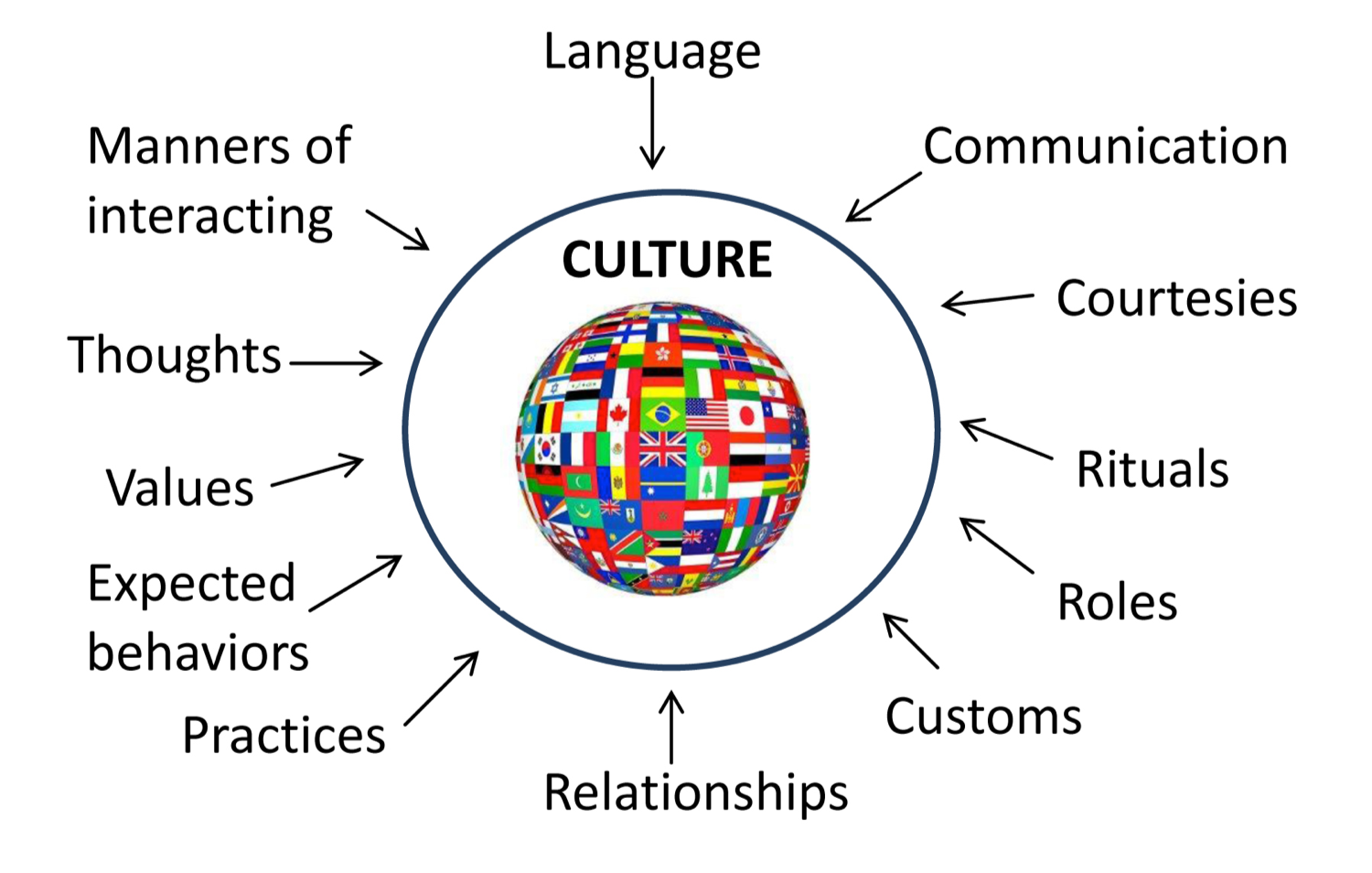Question
What is culture?
Answer
According to the Merriam-Webster Dictionary, culture is “the integrated pattern of human knowledge, belief, and behavior that depends upon man's capacity for learning and transmitting knowledge to succeeding generations.” It starts and is brought down from generation to generation. Therefore, it includes all the experiences that a child's parents, grandparents, or great-grandparents have had.
Culture is also “the customary beliefs, social forms, and material traits of a racial, religious, or social group.” Additionally, it is “the set of shared attitudes, values, goals, and practices that characterizes a company or corporation.” Even your school or childcare center has a culture. It is important to identify what that culture is when you are working with children because it can reflect the needs and understanding of the children and families that you work with.
“Every individual is rooted in culture”
Many people do not stop and think about their culture and how their heritage might be impacting the way they think, act, and interact. Here are the five sociological criteria of culture that have been identified:
- Language
- Values
- Traditions
- Norms
- Identity
Figure 1 shows a graphic that demonstrates how culture shapes not only our values, but also our gender roles, family structure, how we dress, what we eat, what we believe is proper etiquette, approaches to disabilities, child-rearing practices, and even our expectations for children's behavior.

Figure 1. Graphic of components of culture.
Cultural Elements
From a positive perspective, this is how culture creates diversity. Here is a list of all the aspects that are a part of culture:
- Norms
- Values
- Rules of Etiquette
- Social Patterns
- Gender Roles
- Socio-economic Status
- Prejudices
- Attitude to Weather
- Religion
- Customs
- Timing/Rhythm
- Political System
- Economy
- Family Structure
- Gestures
- Language
- Role of Nature
- History/Heritage
- Child Rearing Practices
- Family Structure
- Territorial Space
- Colors
- Textures/Shapes
- Spatial
- Architectural Styles
When you look at this list, does anything stand out? Are you surprised to see how much is impacted by culture?
One aspect of the list I want to point out is gender roles. This is because, in many cultures, it is the male figure that is the disciplinarian of the family. Additionally, many early childhood educators and teachers up until the 5th grade are women. If there is a child who comes from a culture in which that is the case, it is hard for them to take women seriously when they try to guide their behavior. I have often encountered children who have just smiled and laughed because they did not take discipline coming from a woman seriously.
Another point from the list I want to discuss is architectural styles. Have you ever thought about how culturally impacted those are? Even within the United States, the architectural styles in the south are different from those in the northeast. We need to see the connection between culture and the natural elements that people need to live with. It makes a difference and has a definite influence.
This Ask the Expert is an edited excerpt from the course, Opening the Culture Door: Valuing Diversity, presented by Barbara Kaiser, MA.
